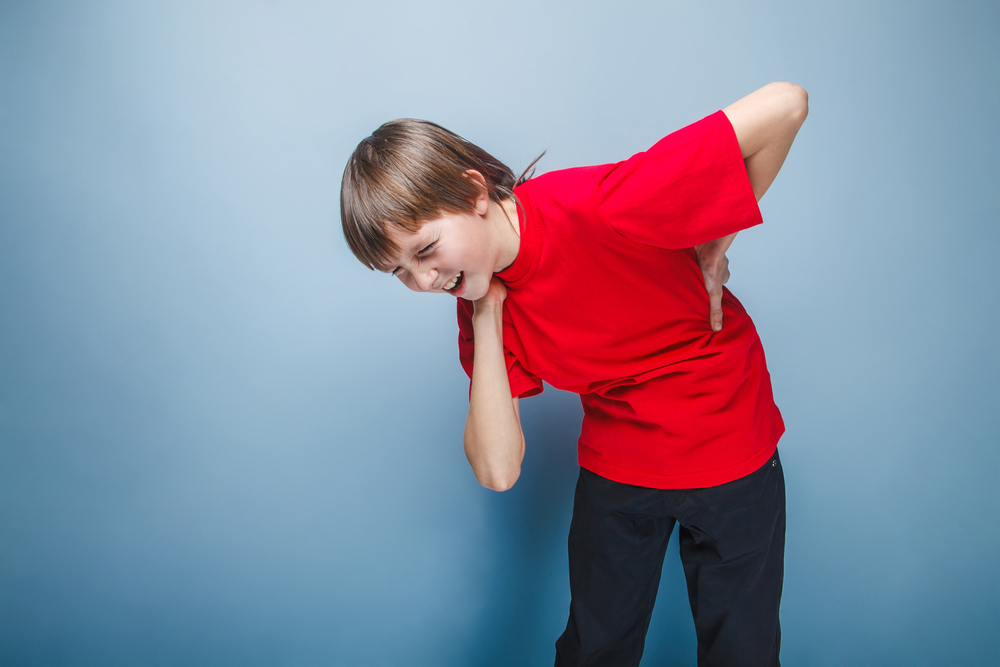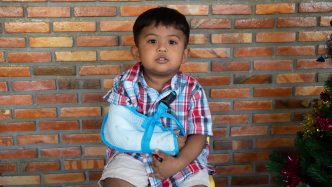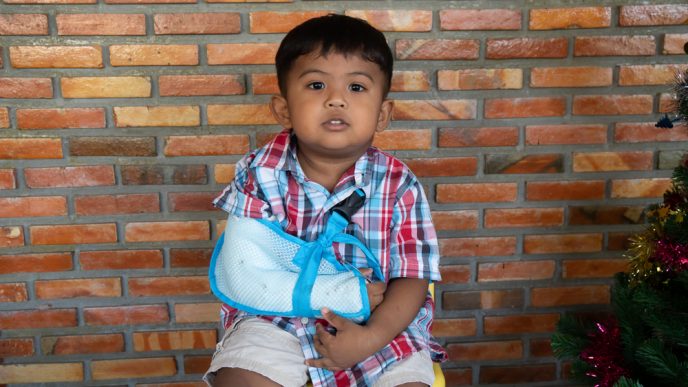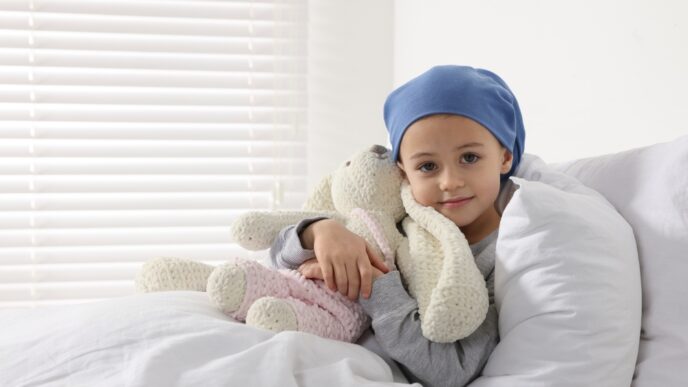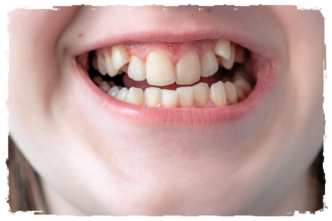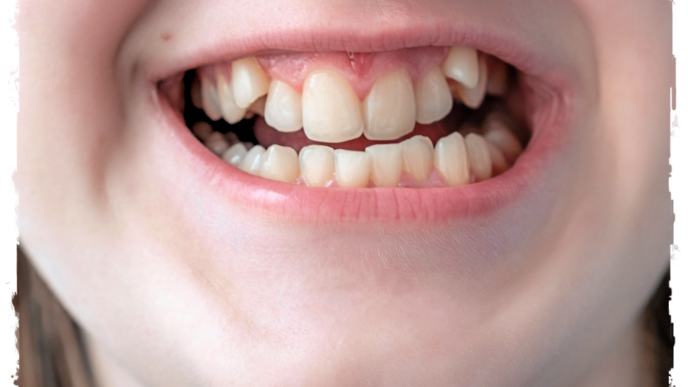WORDS LIM TECK CHOON
 FEATURED EXPERT FEATURED EXPERTDR YONG JUNINA FADZIL Consultant Paediatrician and Paediatric Cardiologist Klinik Pakar Kanak-Kanak Junina |
FOR PARENTS WITH BABIES BELOW 6 MONTHS OF AGE
- According to Dr Yong Junina, young babies with dengue may not show specific symptoms—they may not even exhibit fever.
- Furthermore, fever is also a symptom of many other childhood illnesses. Thus, even when a child has fever, it can be challenging for a doctor to identify the exact cause of the fever.
- Also, a child’s condition may worsen quickly if left untreated.
- Hence, Dr Yong Junina advises parents with a child of under 6 months of age to promptly seek medical attention when their child appears unwell.
FOR PARENTS OF SLIGHTLY OLDER CHILDREN
- “Older children may still experience difficulties in communicating their conditions to their parents,” Dr Yong Junina shares.
- Generally, unwell children tend to consume less fluids, and severe dengue can cause fluid leakage from blood vessels, resulting in reduced urine output. Dehydration, regardless of the cause, can be perilous, especially in young children.
- Hence, bring the child to see a doctor promptly when they show such signs of being unwell.
| SOME POSSIBLE SIGNS THAT A CHILD MAY HAVE DENGUE |
|
HOW DENGUE AMONG YOUNG CHILDREN IS TREATED
- Dr Yong Junina tells us that young children are more likely to develop severe dengue and related complications, such as dengue shock syndrome.
- Dengue shock syndrome is the result of dengue-causing viruses triggering a chain of reactions that cause one’s blood vessels to leak. Eventually, the person experiences sudden drop in blood pressure, internal bleeding, and even organ failure. This is a serious medical emergency that can lead to death if not treated quickly!
- Dr Yong points out that children with severe dengue will need to be admitted into the hospital. There, they will undergo repeated blood tests and possibly be put on drip.
- “Throughout all this, parents would need to stay with them, affecting their work and ability to care for the rest of the family,” she says. “Among daily wage earners, the loss of income would be significant.”
PROTECTING YOUR CHILD FROM DENGUE
- “There is no preventive method that is 100% effective,” says Dr Yong Junina. Hence, it is important for parents to practice vigilance.
- Keep the house free of potential mosquito breeding grounds by ensuring there is no stagnant water.
- Aedes mosquitoes, the ones responsible for infecting us with dengue, breed in clean water, so make sure pails are covered and use larvicide in any places that water may collect in.
- Remember to check aquariums and containers of aquatic pets (such as terrapins), receptacles for catching residual water from plants and dishracks, and containers of water-based plants such as money plants and hydroponics.
- Keep windows closed at dawn and dusk, as these moments are when the Aedes mosquitoes are more active, and sleep with long-sleeved clothing.
- Use mosquito repellents. There is a wide range of products available, including chemical-free products infused with lemongrass.




